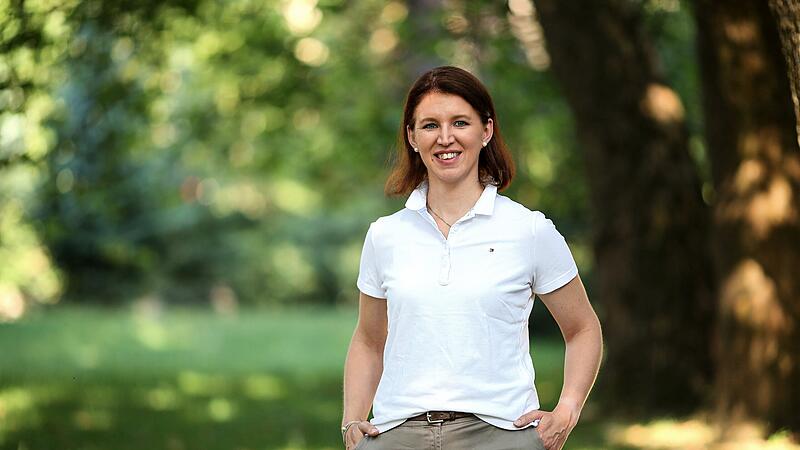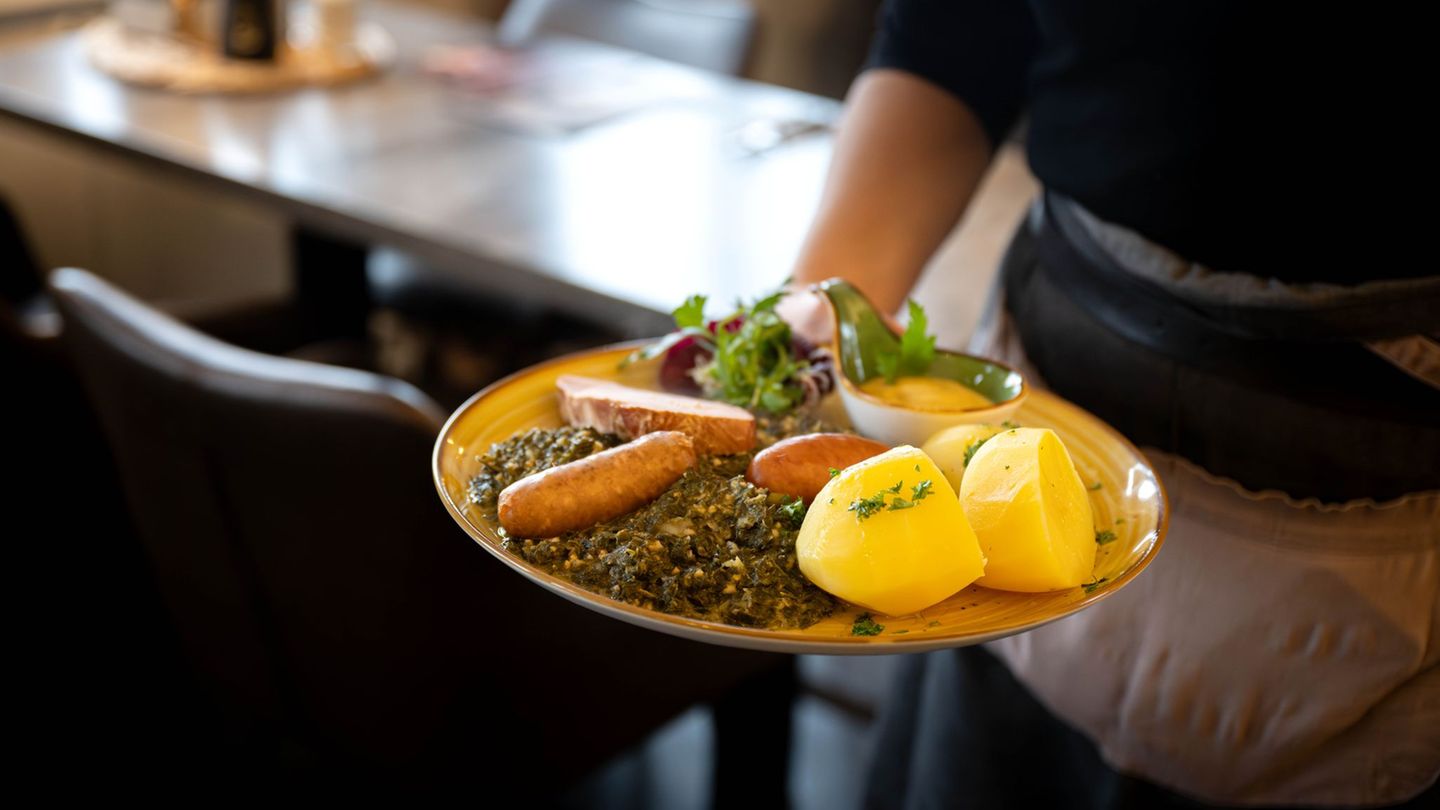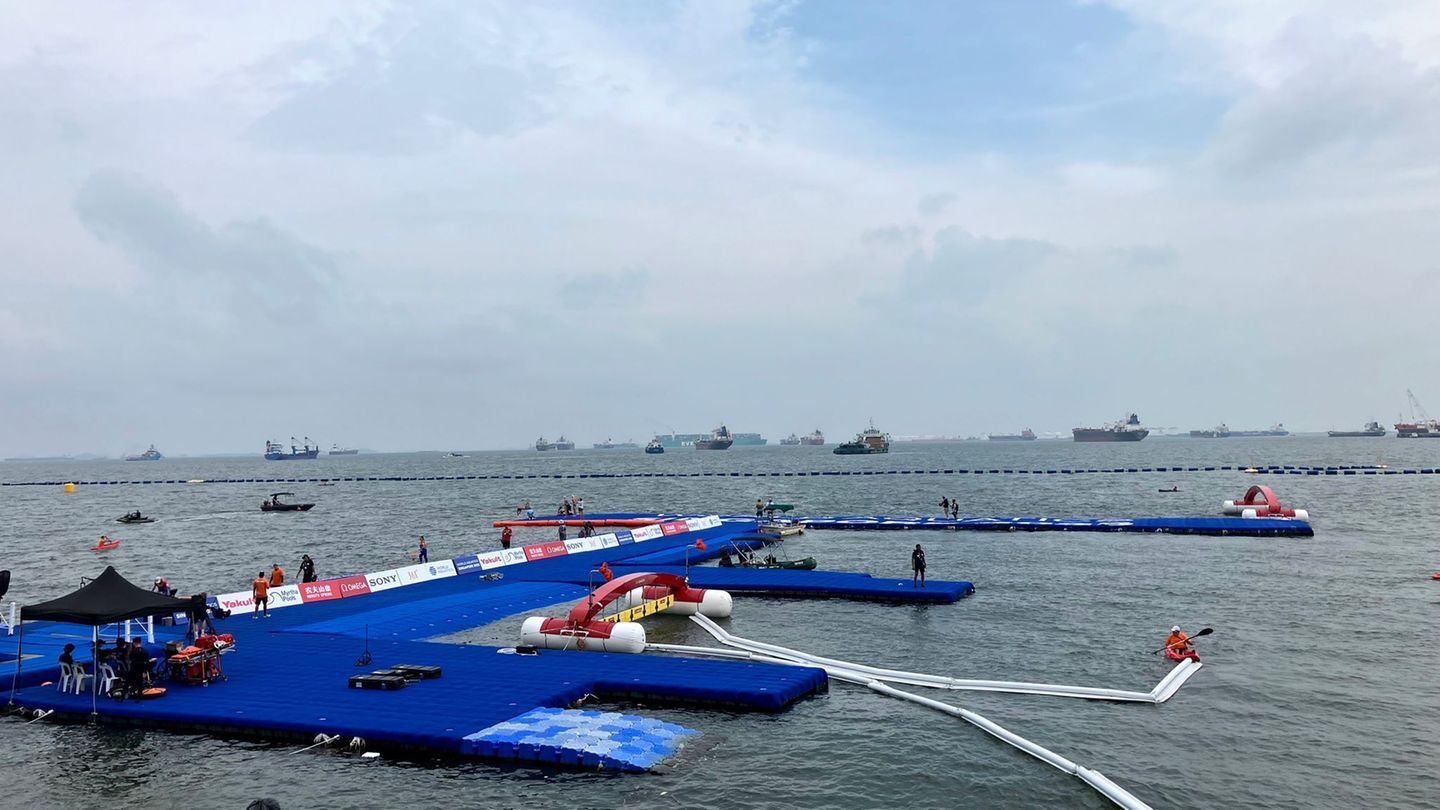Image: Volker Weihbold

Image: Efko
“The food discussion is always about cheap, cheap, cheap,” said Klaus Hraby, managing director of the food processor Efko, on Friday when the leaders of the Chamber of Agriculture visited Eferding.
According to Hraby, prices have risen because groceries were previously “too cheap”. In the corona crisis, Efko was classified as systemically important. “And now it doesn’t matter where the food comes from, as long as it’s cheap. That’s how we kill the farms and the medium-sized food industry.”
Hraby called for “equal opportunities for local farmers” compared to other countries. This is not the case in vegetable and fruit growing, according to Chamber President Josef Moosbrugger and Upper Austria Chamber Chief Franz Waldenberger. Around 5,000 harvest workers and seasonal workers work in Upper Austria, 3,500 of them from non-EU countries (2,000 Ukrainians). But according to the Efko cooperative, numerous workers are currently migrating to other countries, it is a gradual process. The reason for this is the high non-wage labor costs.

Image: Efko
Higher costs, less net
Due to a lack of workers, ten percent less vegetable areas have already been cultivated this year, said Waldenberger. Wolfgang Ziniel from KMU Forschung Austria presented a study: Agricultural employers are much more heavily burdened in terms of labor costs than in other European countries. At the same time, one is less attractive because of high deductions with comparable gross wages. In concrete terms, an effective working hour costs employers in Austria 25 percent more than in Germany, but the employee receives a fifth less net wage. “We need relief for non-wage labor costs in order to become competitive again,” said Moosbrugger. In Germany, farmers are exempt from social security contributions for 70 days (and since October there has been a minimum wage of EUR 12). In South Tyrol, employer contributions are reduced by 75 percent. “We demand a combination of the German and South Tyrolean models for Austria.” Moosbrugger wants to see the relief in the next government program at the latest.
Waldenberger appealed to increase the degree of self-sufficiency in vegetables from the current 57 percent. Since 1995, Austria’s market share for pickled cucumbers has fallen from 80 to 40 percent. When it comes to asparagus, Germany is 85 percent self-sufficient, while Austria imports 52 percent. Manfred Kohlfürst, chairman of the fruit and vegetable industry association, said that a lot of manual work was required. Above all, Social Minister Johannes Rauch (Greens) is required.
Uniform standards
“Our goal must be to bring the pay and working conditions for seasonal workers across Europe to a uniformly high level. For reasons of ethics, but also for reasons of economy,” says Agricultural Minister Michaela Langer-Weninger (VP) to the OÖN: “Our Fruit and vegetable farmers will only take the risk of expanding the production areas if there is also permanent demand from retailers and consumers.” (az)
more from economy




